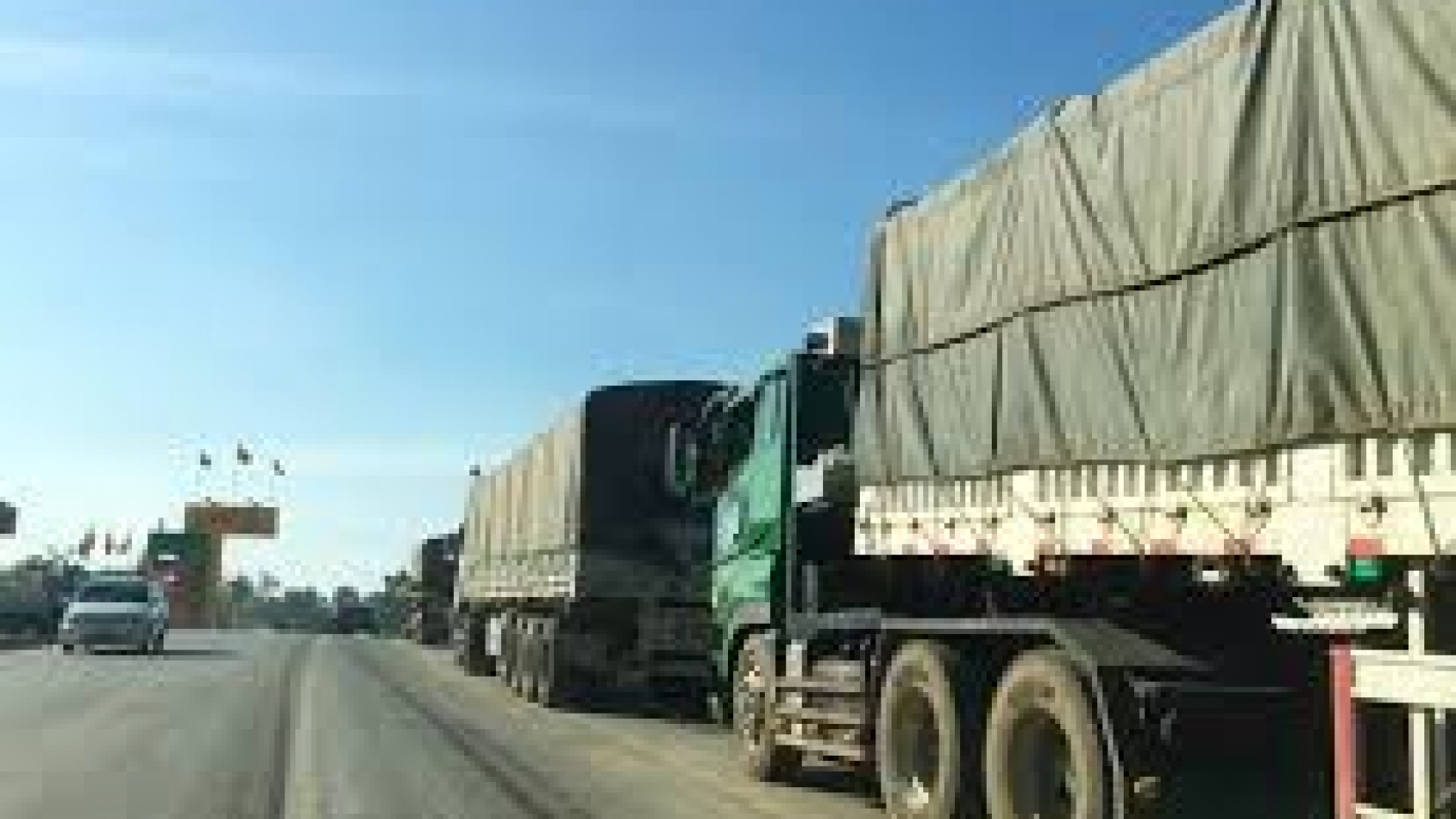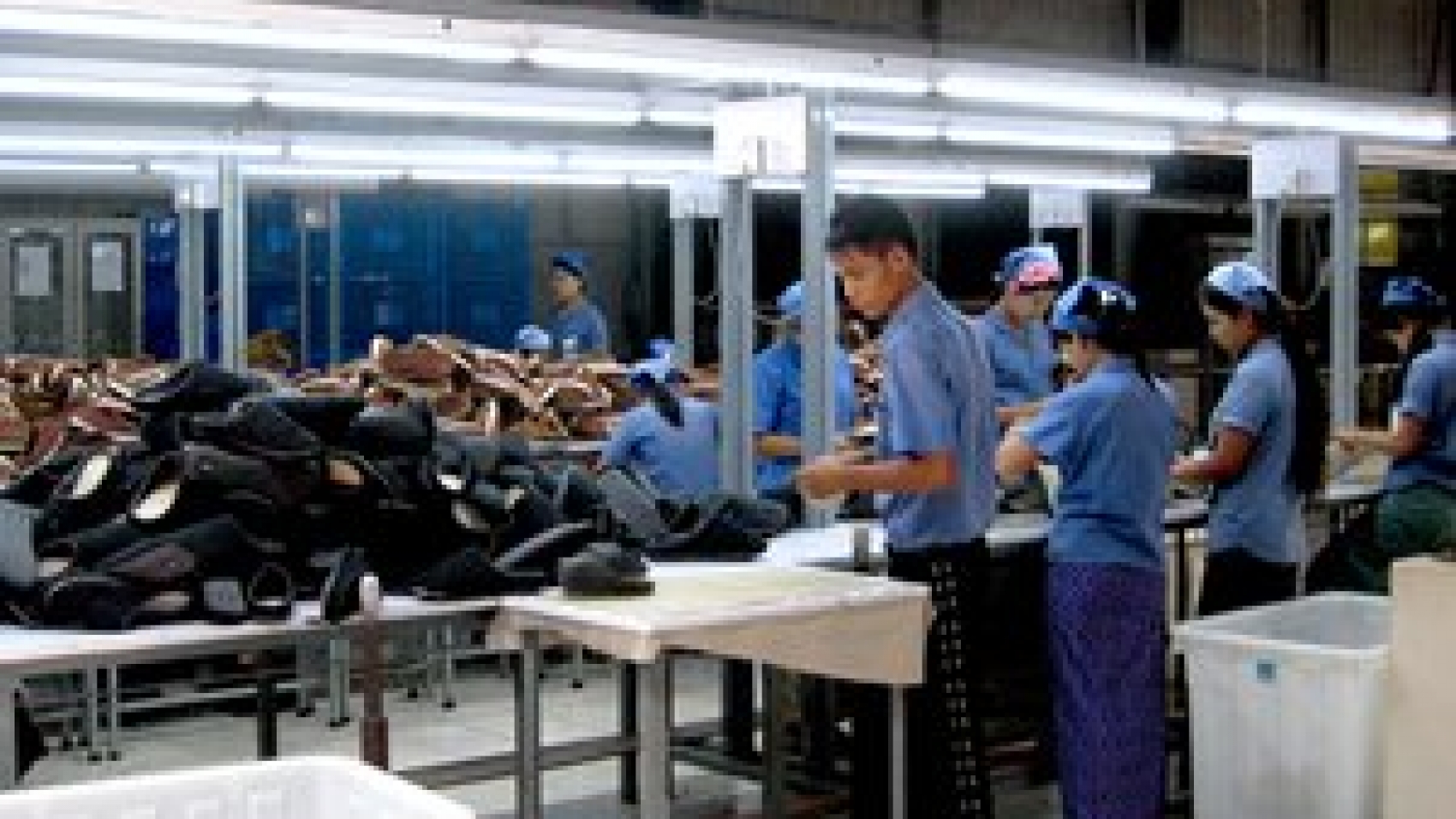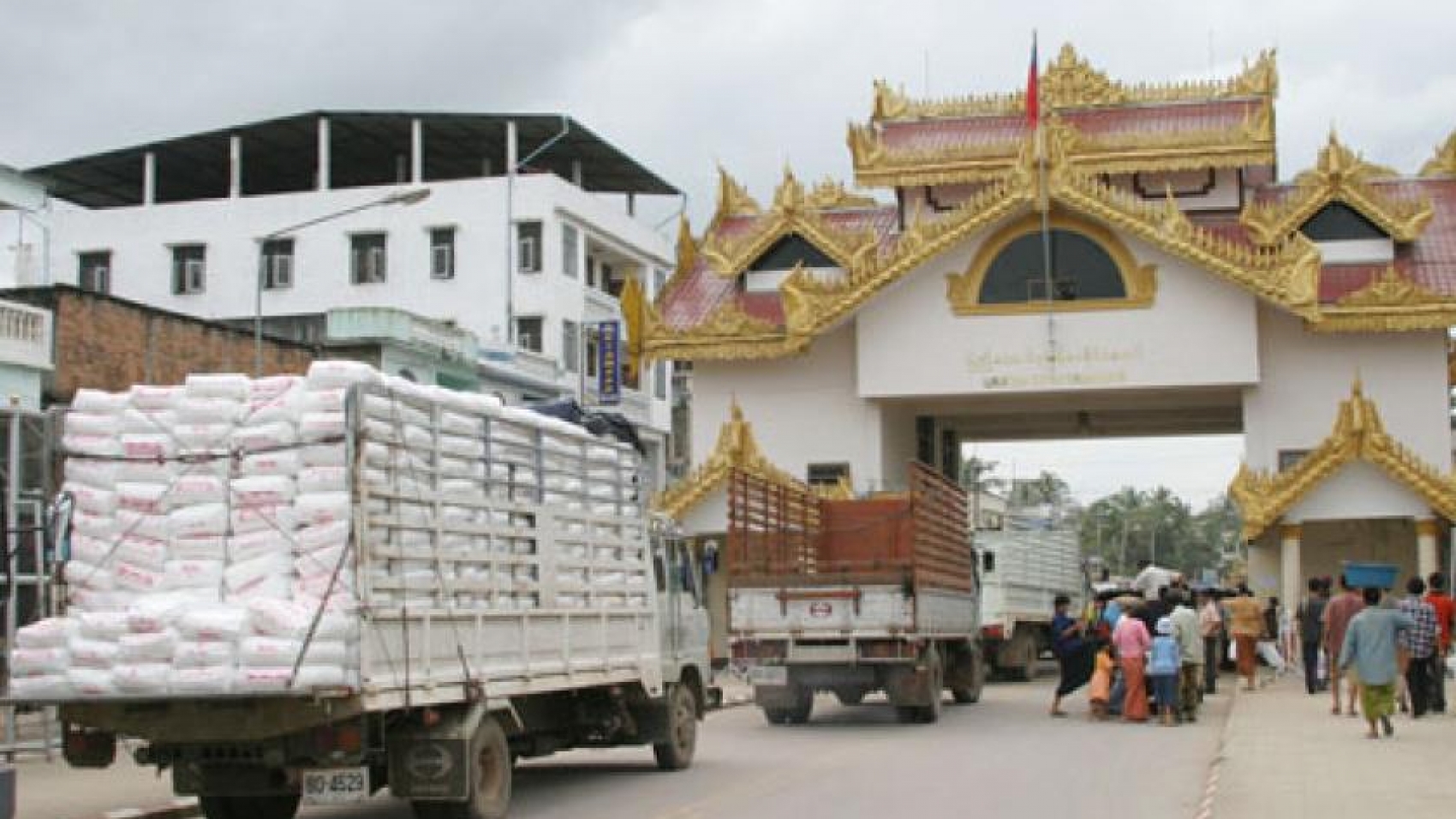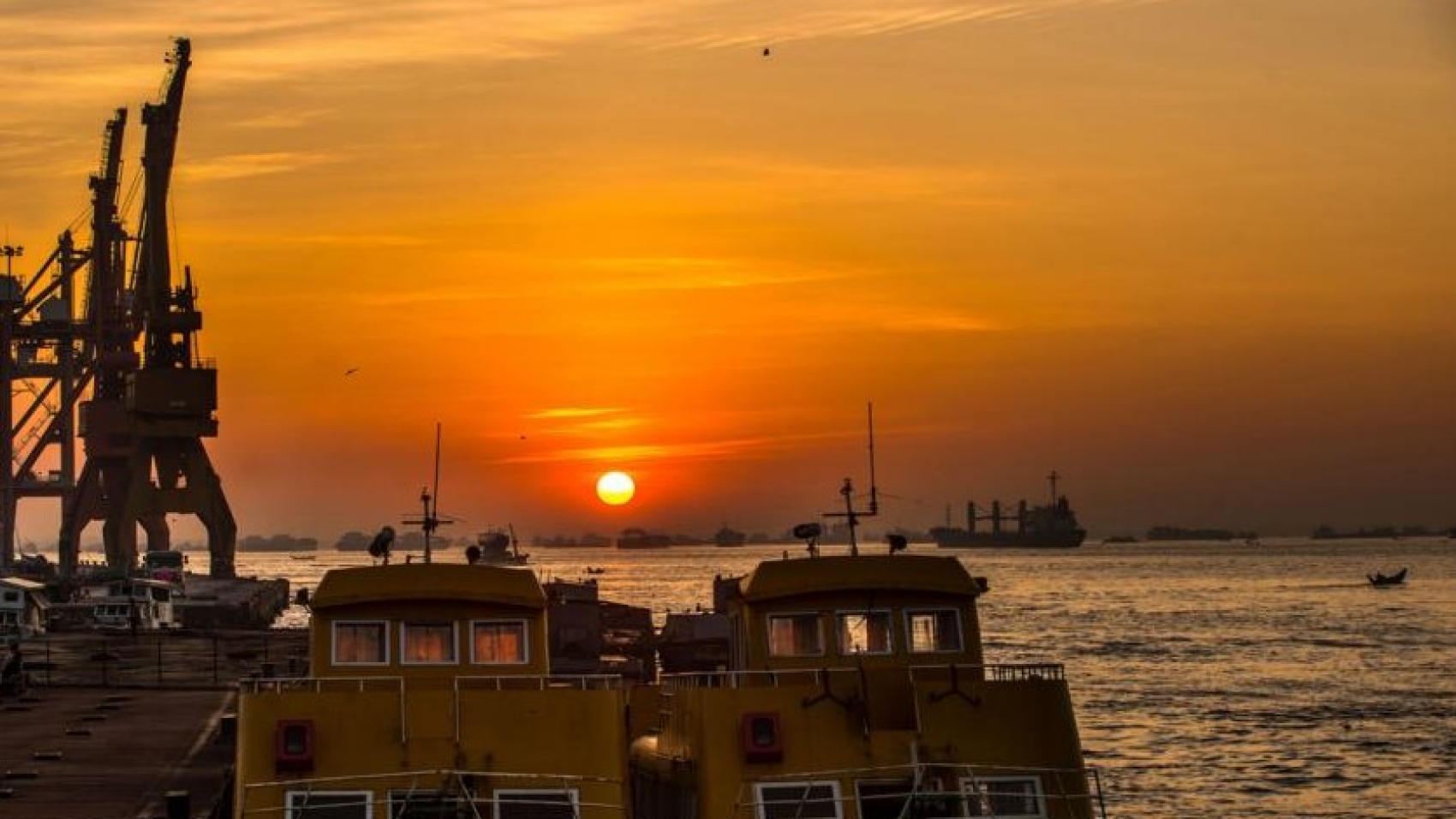The Myanmar coffee market is slumping on the back of ailing demand, which has persisted since March, when COVID-19 first hit the country. The domestic coffee maker relies heavily on coffee shops, and hotels for revenue and growth. However, domestic consumption has dropped by at least 70 percent since the end of the March due to the COVID-19 pandemic, according to the Myanmar Coffee Association.
The rate of sales at local shops has declined sharply. All the shops are closed due to the pandemic. Although the export market has held up well, it might also slow down in the coming year. Based on domestic coffee consumption trends, 90pc of the population drink ready-made coffee made with cheap imported coffee powders, and the rest of the population consumes steamed local coffee. In Myanmar, most coffee users pre-order the year’s supply and collect in advance.
COVID-19 broke out soon after they collected this year’s orders, which were made based on much higher consumption forecasts than what they are seeing in the market now. The purchase of local coffee beans will also be affected because domestic consumption and foreign orders might decline due to the aftermath of COVID-19 in the coming year, coffee entrepreneurs say.
Source: Myanmar Times




